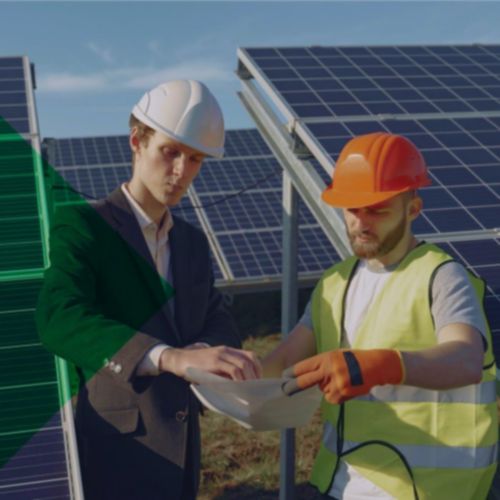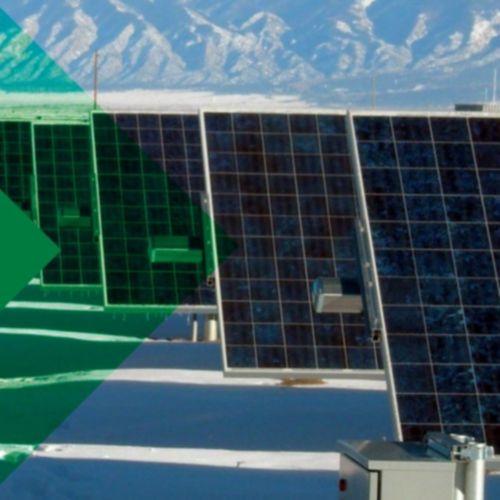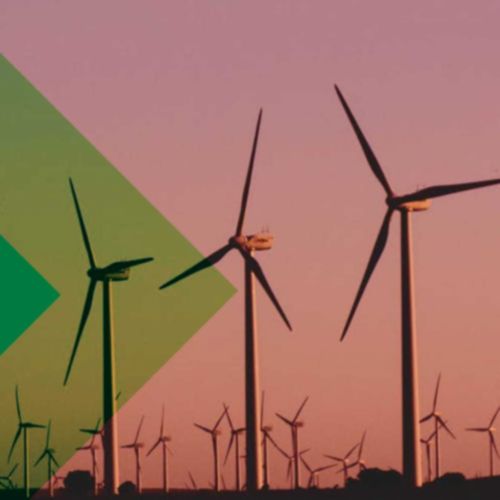Transmission, Distribution, and Smart City Fundamentals
Course at a glance
- Fully online asynchronous course.
- Aimed at industry executives, environmental professionals, project managers, power producers and regulators, those working in government agencies, utility companies and energy agencies, as well as developers and investors interested in expanding their career or business with renewable energy.
- Course is applicable in the Renewable Energy Technology Certificate Program and Renewable Energy Essentials Series.
- Credentialed by the Foundational Technologies Institute (FTI), an independent organization, to meet standards of quality, practicality, and alignment to business needs.
What you will learn
By the end of this course, you should be able to:
- Describe the differences between major forms of thermal and renewable generation.
- Outline the basic process behind generators and the process of magnetic induction.
- Describe the different ways that geothermal, hydro, wind, and solar power is captured, converted, and utilized.
- Describe the differences between electricity transmission and distribution and what purpose these systems serve.
- Outline differences between alternating current transmission lines and high voltage direct current.
- Explain the impact of transmission losses and what stages of electricity transport result in the greatest efficiency losses.
- Detail the pros and cons of Smart Meters and provide an overview of how they can optimize smart grids.
This course has no prerequisites
Students from all educational backgrounds welcome. You can register for this course without applying and enrolling in a program.
Take note:
- Assessment activities include discussions, assignments, and quizzes.
Currently counts towards:
-
└ core course
-
└ course option
-
└14-hour course option
-
└14-hour course option
Applicants intending to enrol in a program are encouraged to apply as soon as possible to lock in their course requirements since they are prone to change.
*If you are already enroled in this program, please refer to your specific program requirements as outlined at the time of your admission: Bear Tracks > Academic Advisement.
When will this course be offered?
New course schedules are released each June and November.



